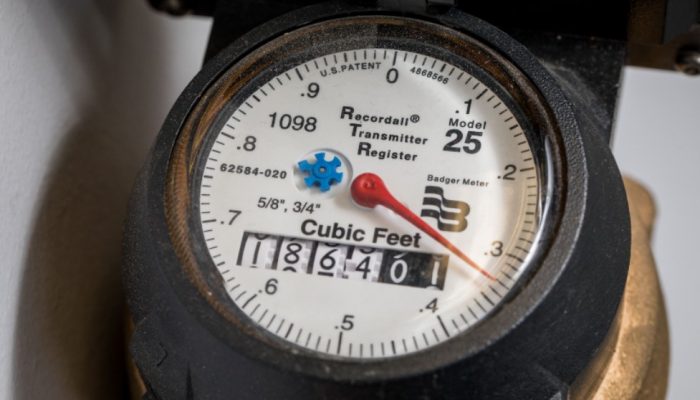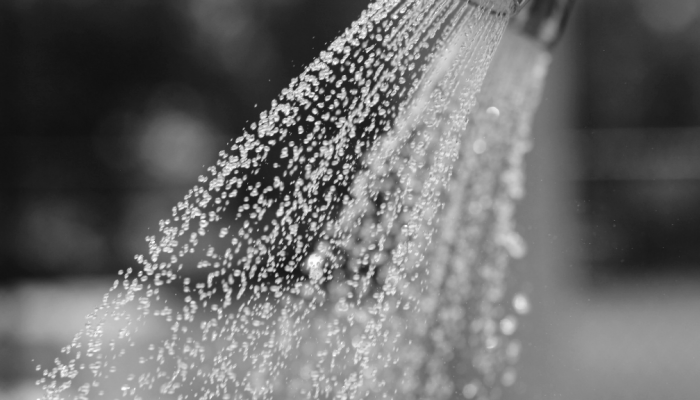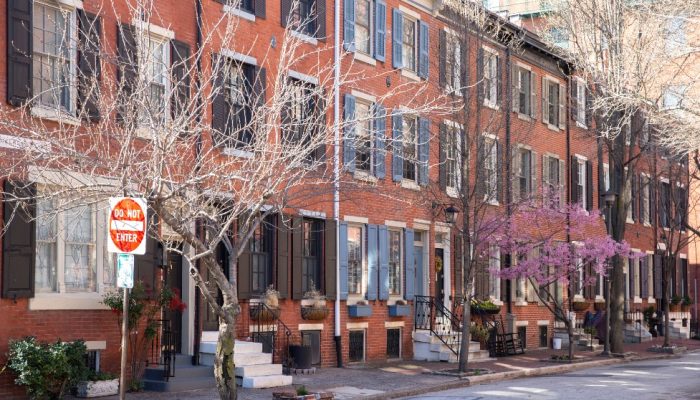Got a $250 water bill instead of your regular $60 monthly bill—and wondering just what caused your bill to shoot up so suddenly? An unusually high water bill may indicate a spike in your usage or a leak somewhere inside your property. Here’s how to find out:
Check your usage
Your water meter measures the amount of water that flows through it. If there’s a lot more water being used on your property than usual, your meter will record that use and you will see a larger bill than usual. But this doesn’t always mean there’s a leak inside your property. You may record higher than normal usage during summertime if you’re filling up your pool or watering your lawn. A typical household water bill is based on using 3,740 gallons per month, but your bill may be lower or higher depending on how much water you use during a given billing cycle.
Check for leaks
If you get a big bill that shows more water being used than what you are used to seeing, check for leaks. Start by checking your toilet flapper! A bad toilet flapper is a key culprit of water loss, though the leak may be subtle.
When a flapper isn’t working properly, the tank behind your toilet never fills all the way up—water is always leaking out. A running toilet leads to continuous usage, often making it a costly leak that people don’t notice until the water bill shows up.
Don’t forget the faucets—a leaking faucet could be a possible source of your sky-high water bill.
For those with recently upgraded water meters, the City offers a free leak alert service to help you manage your water usage and save costs. You get a notification of a possible leak whenever we detect significant daily water use on your property. You don’t have to register to receive these alerts, but your meter must be upgraded to one of our new digital meters to take advantage of this service.
Customers with upgraded meters and MyPhillyWaterBill accounts don’t have to wait for their next bill to spot a possible leak—they get email alerts when their usage suggests a leak. If you haven’t signed up, you will receive a notification in the mail.
The Philadelphia Water Department is upgrading all of its meters. You can’t schedule a meter upgrade on your own. We will contact you when it’s your turn to get a meter upgrade.
If you are getting water bills that say you have an “estimated reading,” contact the Water Department right away by calling (215) 685-6300. An estimated reading means your meter is not reporting your water use, and you may get a meter upgrade before the rest of your neighborhood is scheduled for an upgrade.
Check your meter
A blue dial on your meter spins when water runs through it. The more water flows through, the more it measures, and the higher your bill will be.
Our upgraded meters allow you to monitor and track your everyday usage. Once your water meter is upgraded , you can track your hourly, daily, and monthly water use. Visit the Advanced Metering Infrastructure (AMI) webpage for more information about meter upgrade.
You can check your meter anytime, but the key to checking for leaks if you still have an older meter is first making sure no water is being used in your house. That includes ensuring a dishwasher or washing machine isn’t running.
Once you are sure there is no water being used by appliances and all your faucets are off, check the small blue dial on your meter. If the blue dial is still spinning, there probably is a leak somewhere.
What you should do
If these troubleshooting tips fail, please call a licensed and registered plumber to help determine the possible cause of your high bill. If the spike in your bill is due to a leak, it’s important to fix the issue quickly before it becomes costly.
Remember, even a tiny leak can take a toll on your water bill, not to mention the pipe repair costs. Also, there’s no refund or discount for water use related to leaks. But if you believe your meter is recording your usage incorrectly, call (215) 685-6300 to request a meter inspection.
Photo credit: Photos by JPG Photo & Video © PWD




